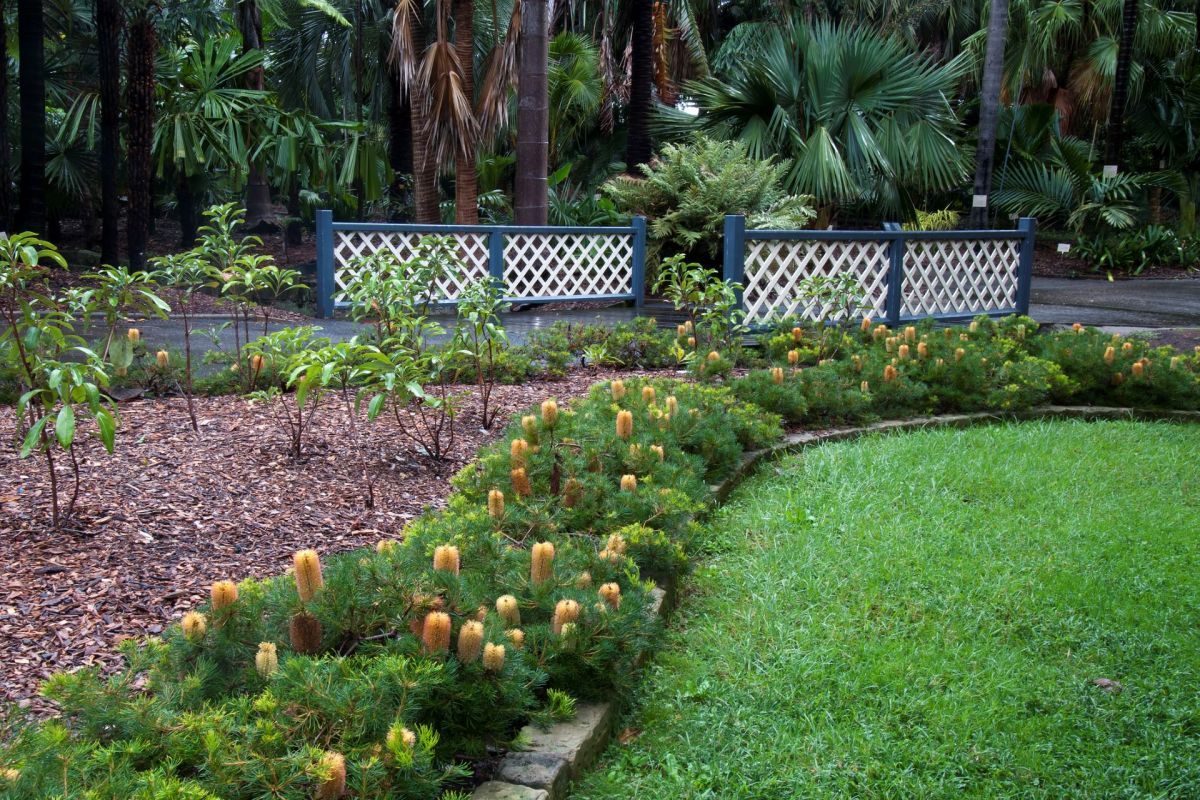A popular post on a Reddit community devoted to lawns that emphasize the use of native plants garnered a comment section filled with excitement, success stories, and advice.
The poster wrote to the community saying that their environmentally friendly HOA board is planning to install a series of green spaces over several years.
The Redditor then said: "I, however, am able to make changes NOW. Quickly! I've volunteered to work on little native gardens around the neighborhood, and the board was really interested. I'm wondering what you guys would plan for a 'pretty' HOA garden. I'd love input! I live in NJ in zone 7A."
HOAs can be difficult when it comes to this type of landscaping, and the poster goes on to ask, "How do you make [native] plantings look neat and intentional and HOA-ey? I figure lots of symmetry/multiple plantings and conscious decisions about planting based on full size/height. Maybe some sort of decorative fencing to keep things looking "neat" and tidy…Looking forward to hearing your thoughts. Thanks, nature nerds!"
Native gardening, sometimes also called "rewilding", has become increasingly popular as a way to both help native wildlife and curb the effect that traditional lawns and landscaping have on the environment.
In the U.S., traditional lawns and gardens use an estimated 3 trillion gallons of water, 59 million pounds of pesticides, and more than 1 million gallons of gasoline for lawn mowers a year, Vox reports. Most grasses used for lawns are not native to the U.S.
Native plants are those that occur naturally in a region, habitat, or ecosystem without human introduction, and, besides from using less water and toxic pesticides, landscapes made with them preserve biodiversity and take a lot less effort to maintain.
They provide food for important native wildlife in the form of nectar, pollen, and seeds as well as shelter. They also don't need to be mowed. Lawn mowers create a lot of harmful pollution that harms your lungs, and not only do native landscapes eliminate this, but native plants also remove some of this planet-overheating pollution from the air.
One commenter shared their advice, saying, "I also thought if you can edge some of your gardens in clover, people might notice that it looks better than grass, which would give you a way to nudge them away from perfect lawns."
Another simply shared their enthusiastic and well-earned support by commenting, "I applaud your initiative!"
Join our free newsletter for easy tips to save more, waste less, and help yourself while helping the planet.









